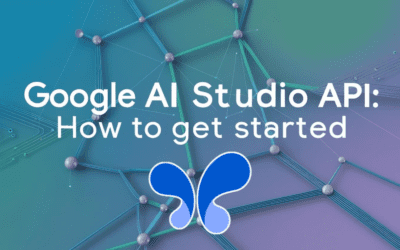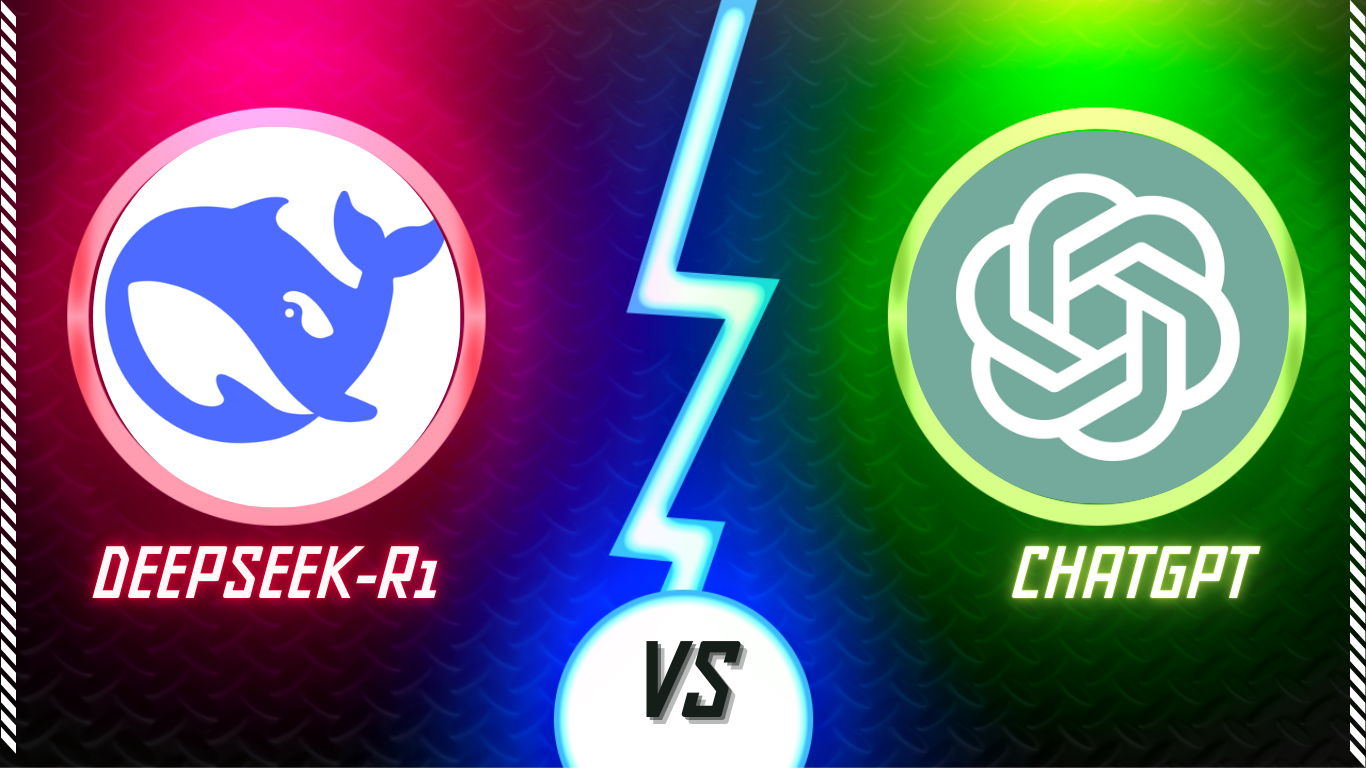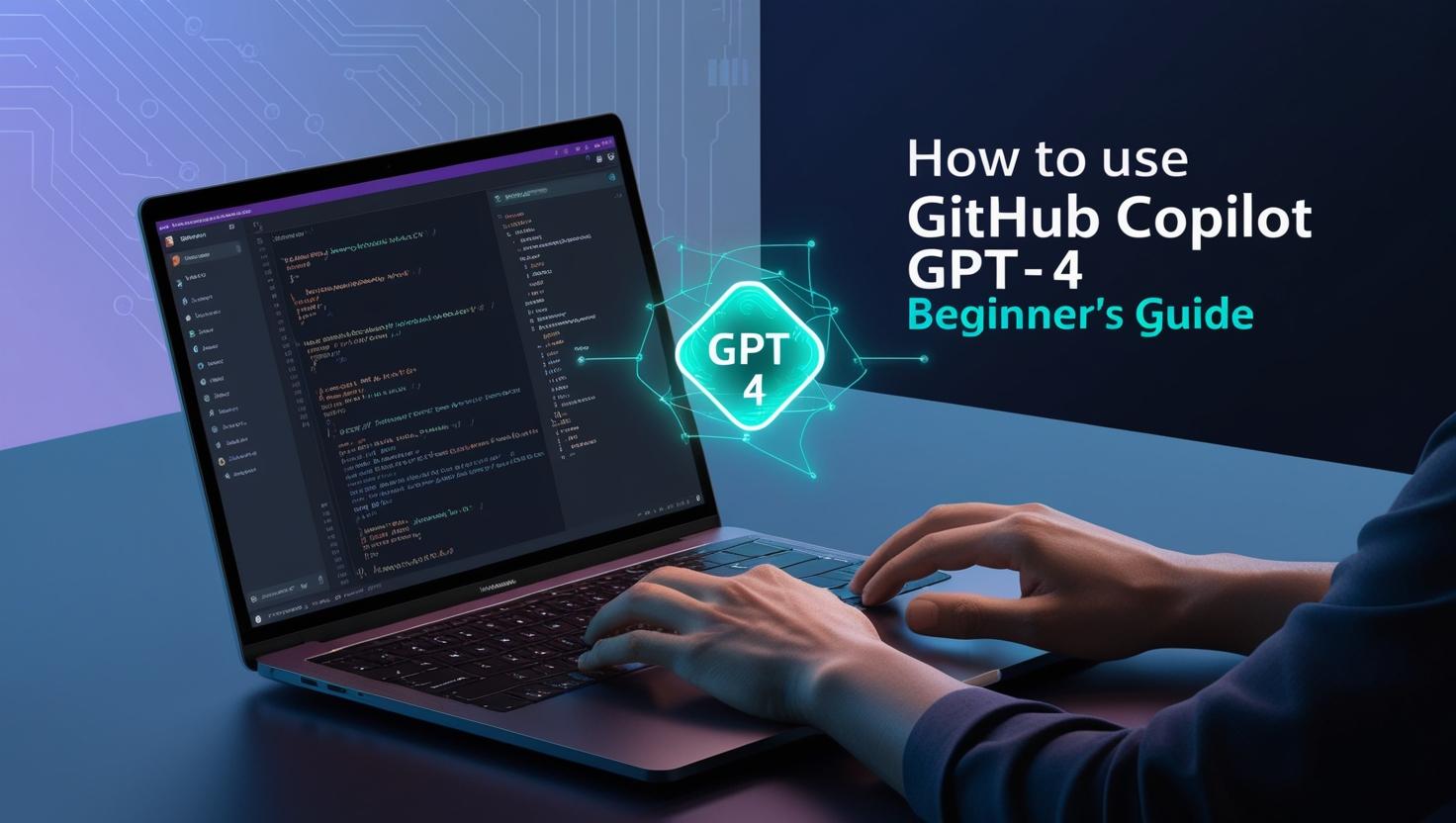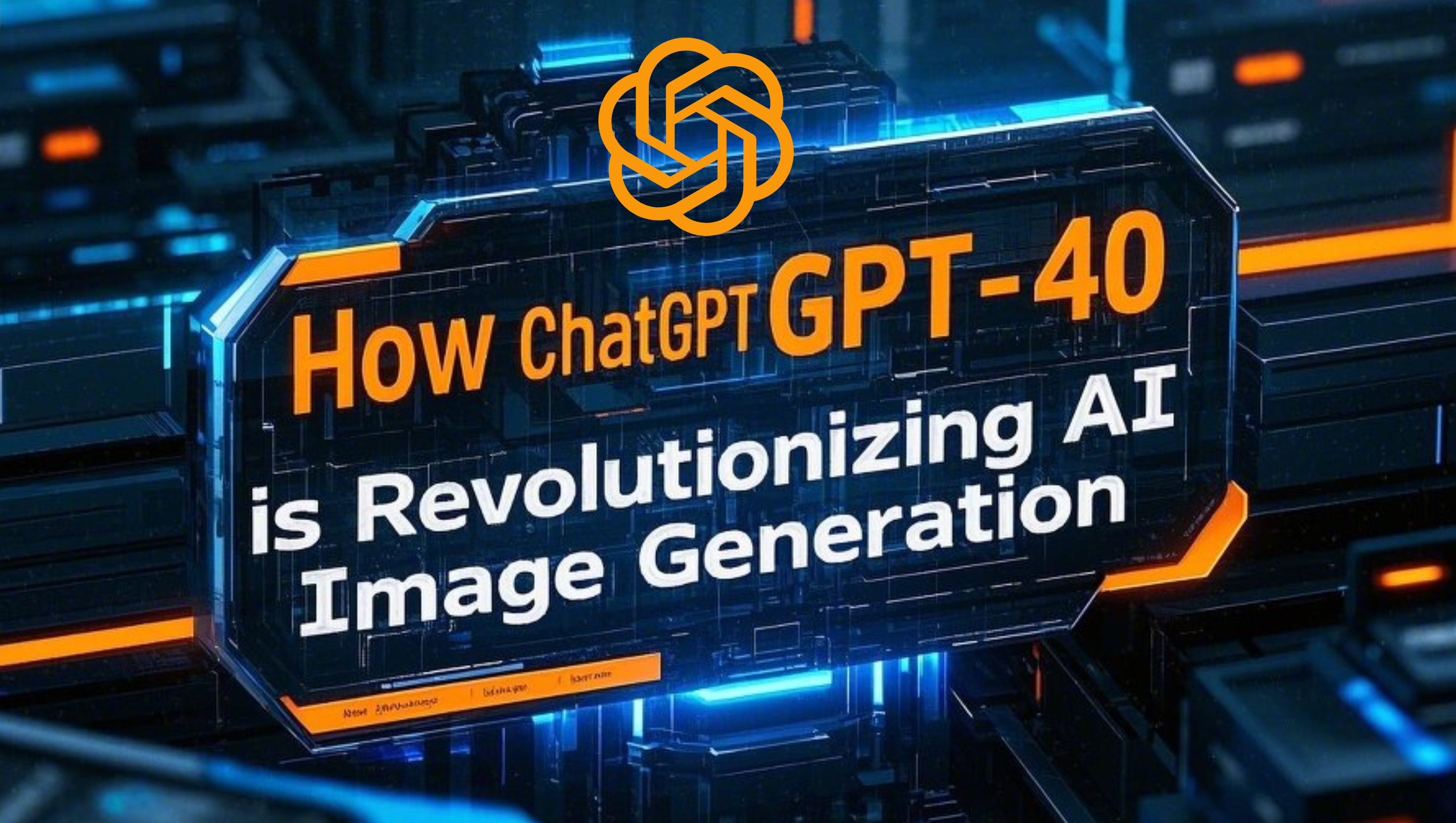DeepSeek vs ChatGPT, Who is better? The Open-Source AI Challenging ChatGPT (And Why Coders Are Switching in 2025)
DeepSeek vs ChatGPT who is better?
Let’s be real—AI these days feels like a playground where only the rich kids (looking at you, OpenAI and Google) get the fancy swings. But what if I told you there’s a scrappy open-source model quietly out-coding ChatGPT in its free time? Meet DeepSeek-R1: the Linux of AI that’s turning heads for coders, privacy geeks, and anyone tired of paying $20/month for chatbot small talk. Lets start discussing DeepSeek vs ChatGPT.
What Even is DeepSeek-R1?
Picture this: You’re a developer working on a side project at 2 a.m., and ChatGPT starts lecturing you about its “ethical boundaries” instead of fixing your Python script. Enter DeepSeek-R1—a free, open-source AI from Chinese lab DeepSeek that’s like the rebellious cousin of traditional LLMs. No paywalls, no “I’m sorry, Dave” moments, just raw code-crunching power you can tweak like a WordPress theme.
What’s it good for? Glad you asked:
- Debugging code like a caffeinated senior dev (RIP your imposter syndrome)
- Solving calculus problems faster than a grad student with a Red Bull IV
- Running entirely offline—because sometimes you don’t want Google knowing about your unique late-night coding queries
ChatGPT vs. Gemini vs. DeepSeek-R1: Let’s Get Petty
Let’s break down how this underdog stacks up against the VIP models:
| DeepSeek-R1 | ChatGPT-4 | Gemini Advanced | |
|---|---|---|---|
| Cost | Free (as in tea ????) | $20/month | $20/month |
| Privacy | Works offline—no data leaks | “Trust us bro” cloud magic | Literally made by Google |
| Best For | Coding, math, tinkerers | Casual chit-chat | Googling while Googling |
| Vibe | Your hacker friend’s garage project | Corporate HR bot | That one intern who won’t stop mentioning they work at Google |
The kicker? DeepSeek-R1 was trained for roughly $6 million—the AI equivalent of filming a blockbuster on an iPhone. Meanwhile, ChatGPT-4’s $100 million budget makes it the Avatar 2 of algorithms.
Why Your Inner Nerd Will Love This
Let’s cut through the hype. Here’s why I’ve been glued to DeepSeek-R1 this week:
✅ “My computer, my rules” energy: Run it locally without selling your soul to the cloud. Perfect for:
- That slightly illegal coding project (we don’t judge)
- Paranoid privacy folks (hi, Edward Snowden fans)
- Anyone stuck with spotty Wi-Fi
✅ Code wizardry: It debugged my spaghetti JavaScript like a therapist untangling childhood trauma.
✅ Zero “I’m just an AI” waffling: Straight answers, no corporate fluff.
How to Install It (Without Crying)
“But I’m not a machine learning engineer!” Relax—setting up DeepSeek-R1 is easier than assembling IKEA furniture. If you’ve ever installed Minecraft mods, you’ve got this:
- Grab the goods: Download from GitHub/HuggingFace (free, duh).
- Fire up Python: Copy-paste some code even your cat could execute.
- Brag on Reddit: Congratulate yourself for joining the “I run AI locally” club.
Pro tip: You’ll need a GPU stronger than a potato. Time to guilt-trip your gaming PC into doing something productive.
The Big Question: Is Open-Source AI the Future?
DeepSeek-R1 isn’t just another ChatGPT clone—it challenges the ‘AI = subscription hell’ narrative. While it may not draft Tinder bios just yet, for coders and privacy enthusiasts, it offers a glimpse into a future where AI isn’t confined behind App Store paywalls.
Bottom Line: If you’ve ever thought, “I wish ChatGPT would shut up and just fix my code,” DeepSeek-R1 is your new best friend. Is it perfect? Nope. But it’s free, customizable, and proof that the little guys can punch up.
Up next: I’ll walk you through installing DeepSeek-R1 step-by-step—because nothing says “weekend fun” like arguing with Python dependencies.
???? Hot take? The AI wars just got spicy. Who’s team open-source? Let me know in the comments!



















The rise of DeepSeek-R1 has definitely caught my attention! If it’s truly on par with ChatGPT in terms of capability and versatility, it could pave the way for more independent and decentralized AI development. I’m curious about the long-term impact of open-source models on AI accessibility.